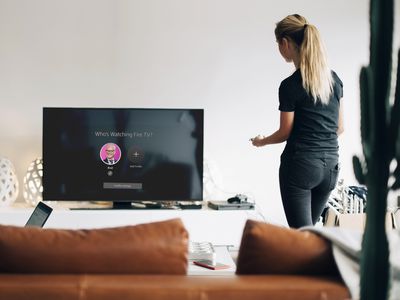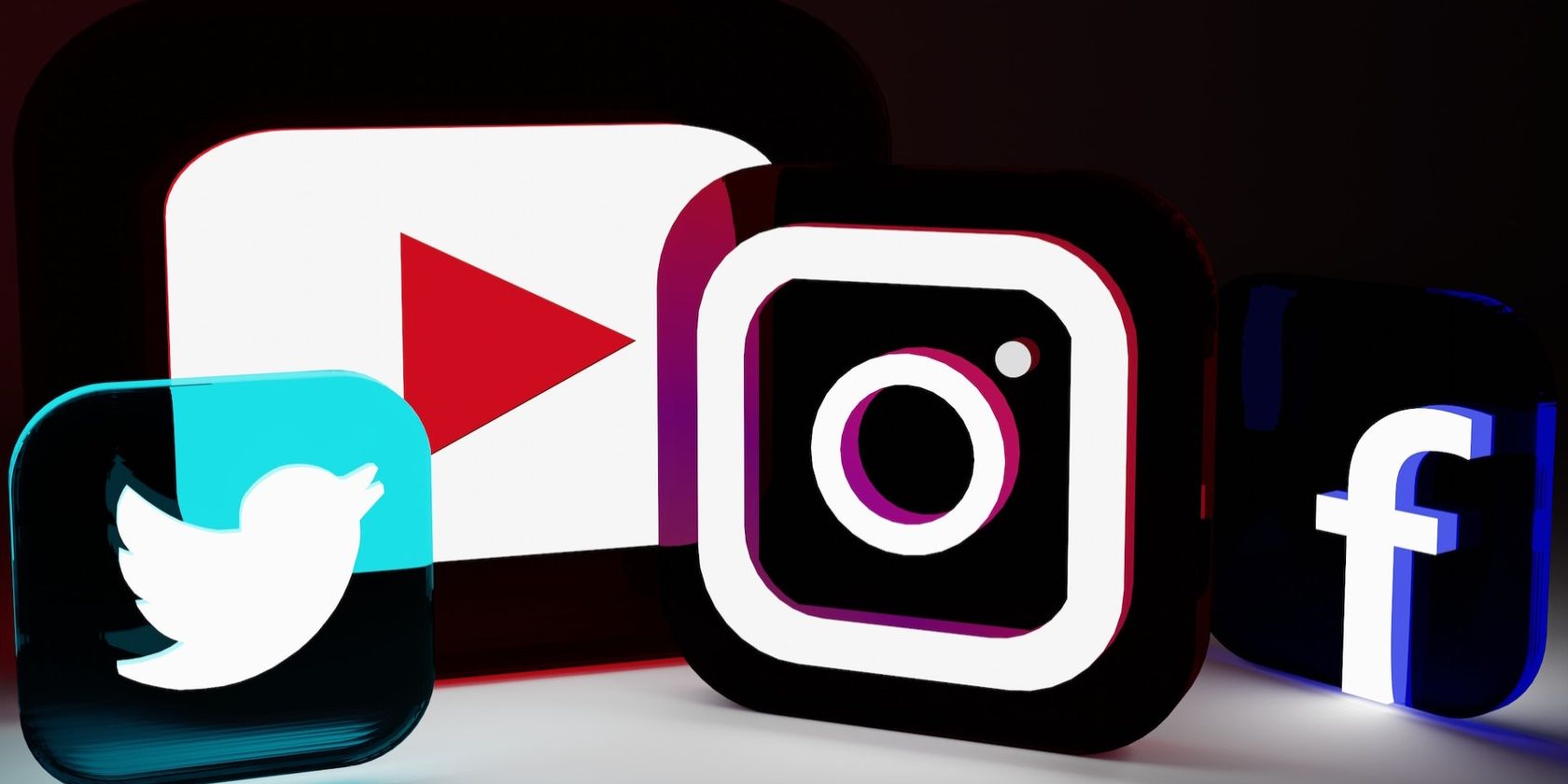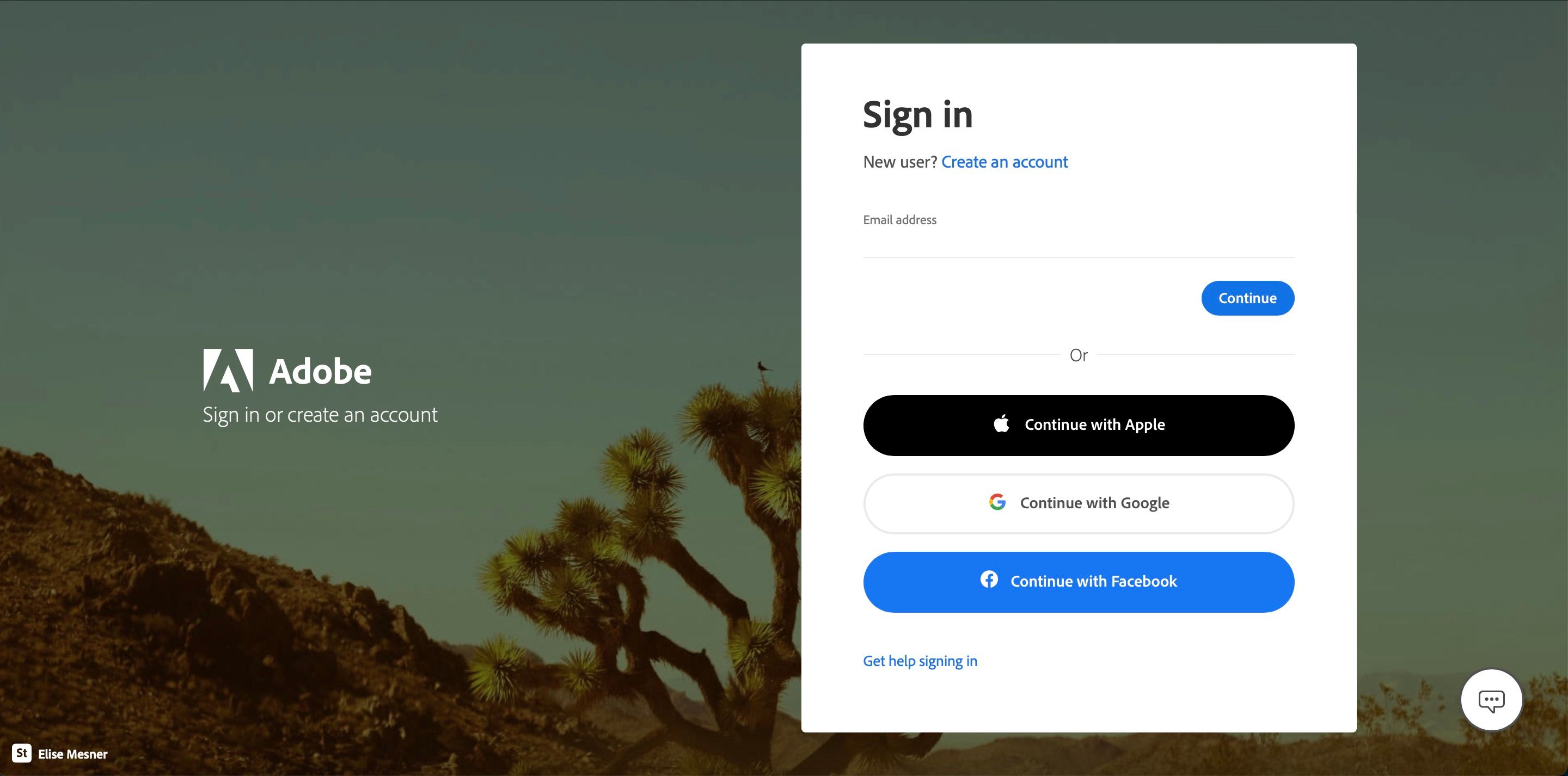
The Quiet Life Without Constant Connectivity

The Quiet Life Without Constant Connectivity
In 2013, I deleted all of my social media accounts. Now, years later, I’m glad I took that “extreme” step. If you’re planning to quit social media yourself, you might have questions about what comes next and how to begin preparing for this drastic change.
Speaking from my own experience, here’s what you can expect.
1. Unexpected Reactions

When I quit social media , I encountered extremes of reactions from friends and strangers alike. First, there was genuine concern from people who wondered if something had gone wrong in my digital life. A few people thought I was being contrary and tried to either cajole or coerce me into returning.
I also received scornful looks and you-will-be-back-in-a-week smirks. That I was more willing to meet people in person got ignored. That I refused to “stop being antisocial” online was the topic of never-ending debate.
Now that social media detoxes have caught on, you’ll probably have to deal with far fewer polarizing reactions than I did. Some people might even appreciate your decision and draw inspiration to get off social media themselves. After all, you can still stay connected during a social media detox .
In any case, eventually, those around you will accept your decision or at least, their reactions won’t affect you one way or the other. Be sure to have a standard line ready to explain your absence from social media while making small talk.
2. Feeling Directionless Online

Every time you open your browser, you might be at a loss to decide what to do. You won’t know where to go next, because your go-to web hangouts—Facebook and Twitter—are gone.
But don’t worry. This won’t last long, because you’ll soon discover distractions of a different kind. You might even find more time to learn a new hobby. I latched on to interesting newsletters and feeds as a replacement for social media.
Planning to quit social media to avoid information overload? Watch out for the continued temptation of social networking sites like Instagram. These sites let you browse their content without an account.
3. Being Out of the Loop

You know those moments when everybody knows what’s going on and you’re the only clueless person around? Expect many more of them.
Not staying up to date on Facebook statuses, Instagram updates, Twitter goings-on, and social media slang equals missing out on all the juicy references in conversations. Quite often, you won’t get jokes because “you had to be there”. You’ll also have to field requests to join other, often obscure, social networks.
Want to see your best friend’s vacation photos? You’ll have to wait for her to mail them to you. It’s not like you can log in to Facebook or Instagram yourself to see them, can you? Meanwhile, everyone you know has seen them already.
To counter your fear of missing out on social media , you might increase your activity on group messaging apps like WhatsApp or Discord. You’ll also need to find alternative, sometimes old-school ways to keep in touch with friends and family. Keep in mind that the solutions need to be convenient for both parties.
4. Limited Access to Certain Sites

Only when you have deleted your Facebook and Twitter accounts will you grasp the extent to which the web depends on the top social media sites .
You might have to forgo many interesting services for the sole reason that you don’t have a Facebook or Twitter login to sign up for an account. What happened to good old email signups?
5. Derailed Job Searches
Job hunts are the worst hit by the lack of a social media presence. “Awesome social media skills” seem like a permanent fixture in job descriptions these days. It’s a pity that these skills are at times considered more important than the technical skills you need to fulfill a role.
Staying up-to-date on LinkedIn, participating in Twitter chats, joining discussions in Facebook groups—these definitely open up more opportunities to get ahead in your career . (That’s not a bad thing at all.) Naturally, you might feel tempted to resurrect your social media profiles.
6. More Headspace
I have saved the best for last. When you quit social media and get past the first few months of withdrawal symptoms, you’ll begin to enjoy the headspace you have reclaimed.
Life without social media can be quite peaceful. No more hate-filled comments, political rants, inane quotes, and toxic acquaintances to deal with on a daily basis. Also, you’ll have fewer social media-related security nightmares to worry about.
The biggest gain is the automatic shift in focus from what everyone else is doing to what you’re doing. You score the mental bandwidth you need to do deep work.
Sure, you’ll want to binge on social media feeds a few times a year. Don’t feel guilty when that happens. Indulge yourself occasionally. Seeing the same old stuff you wanted to escape in the first place will put the situation in perspective for you.
When It Comes to Social Media, Never Say Never
You’ll have to be ready to go back to social media if some part of your work requires it. See if you can find a suitable workaround instead, like setting an app timer. If not, think of social media as a means to an end—like a tool—rather than something that’s a part of your lifestyle.
Many people thrive on and enjoy the kind of dynamic, fast-paced interaction that social media provides. But for many others, it can have negative effects. As I see it, there’s no definitive right or wrong approach to social media. There’s only what works for you.
- Title: The Quiet Life Without Constant Connectivity
- Author: Michael
- Created at : 2024-09-14 18:41:51
- Updated at : 2024-09-16 16:41:10
- Link: https://facebook.techidaily.com/the-quiet-life-without-constant-connectivity/
- License: This work is licensed under CC BY-NC-SA 4.0.